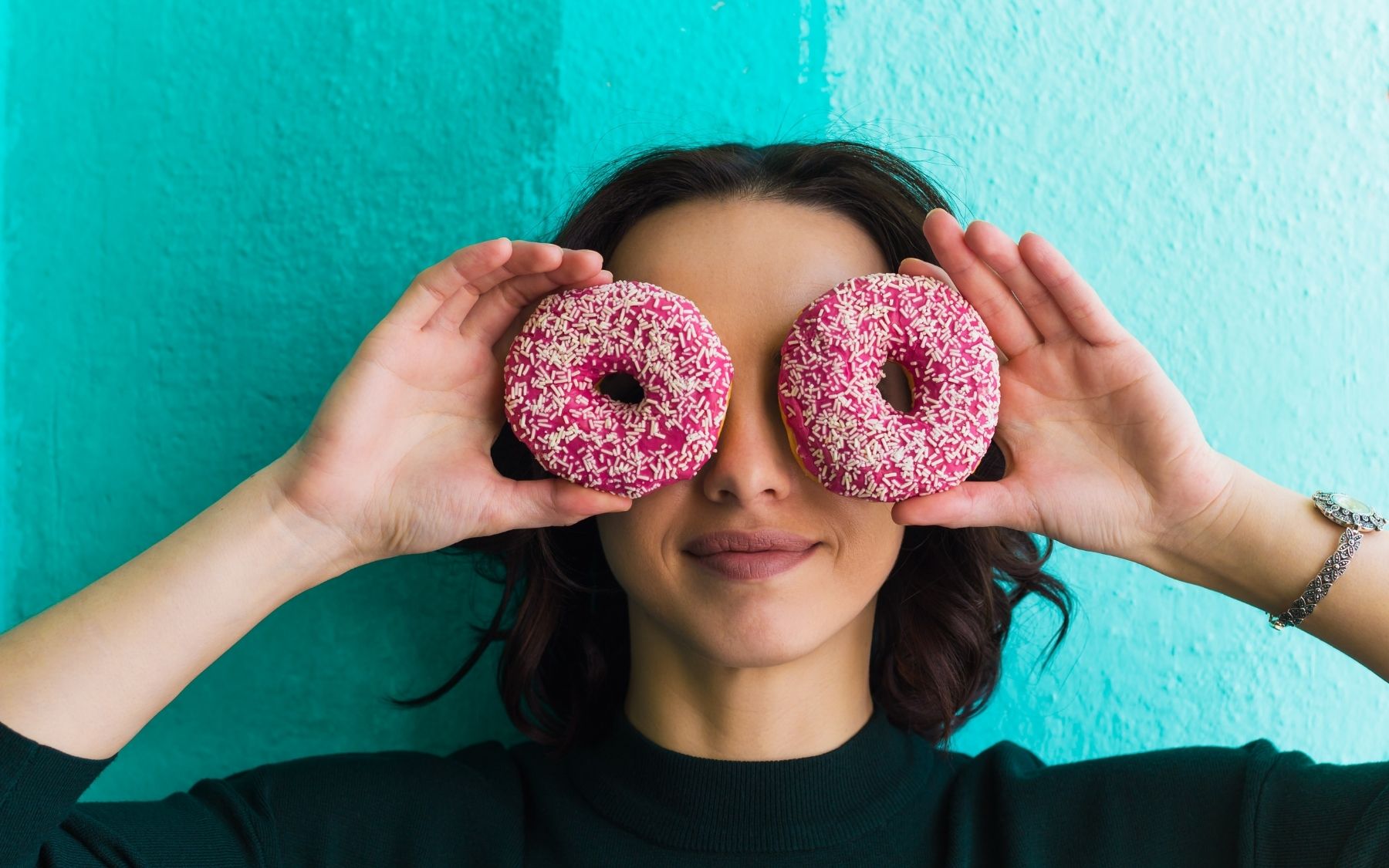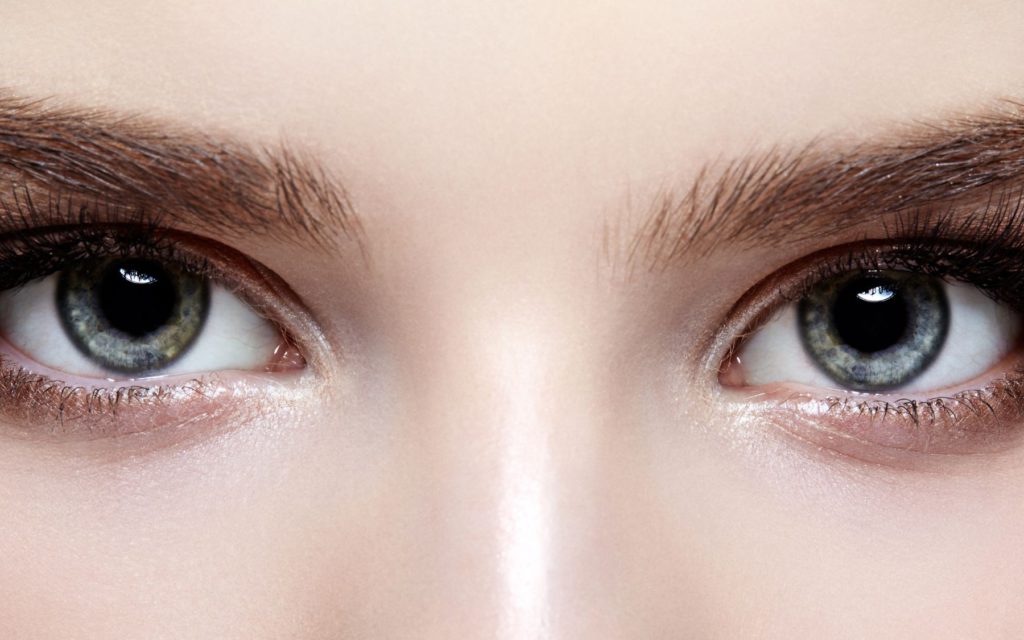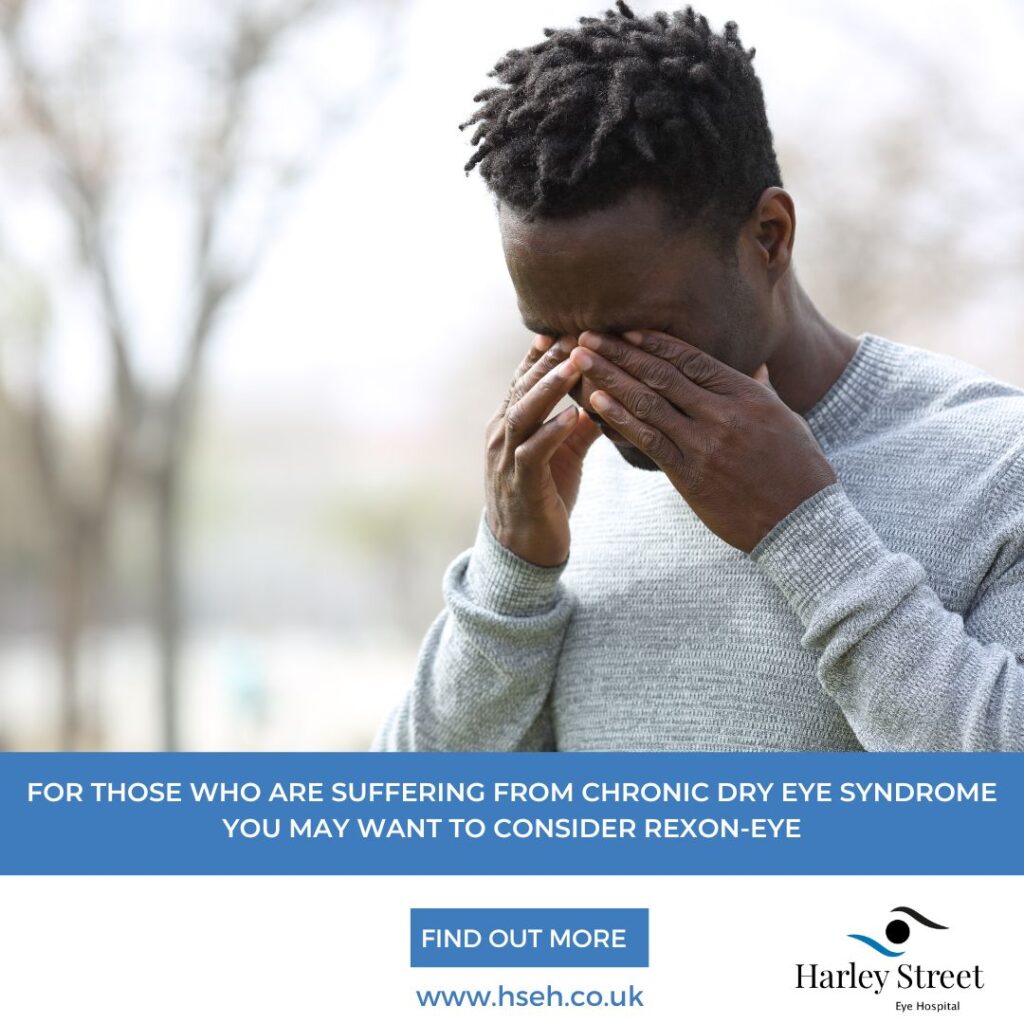Your lifestyle can affect your vision!
As medical technology advances, so too does the understanding of what is good and bad for our eyes. You should always try to attend at least one eye appointment each year, and also never avoid signs; if you think something is wrong go and get it checked out. In this blog we will cover just of the ways your lifestyle affects your vision:
UV exposure
People are very aware of protecting their skin against the sun’s UV radiation. This is the same for your eyes. You should always wear UV protective sun glasses and NEVER look at the sun.
Find out more about your eyes and the sun.
Screen time
Whether you use a screen for work, to catch up with friends or watch TV, it can also have an affect on your eyes. Research shows that spending a long time looking at screens can dramatically increase your risk of suffering from dry eyes or developing myopia. A simple tip to follow is 20 20 20; every 20 minutes spend 20 seconds looking at something that is at least 20 feet away (Daniel Hardiman-McCartney from The College of Optometrists).
Contact lens hygiene
In the UK over 5 million people use contact lenses. If you are someone that wears contact lenses it is important that you follow the instructions that your optician told you initially; take them out at night, clean then and attend regular check ups for your eyes. If you do not have good hygiene you put yourself at risk of developing infections, which can lead to blindness.
Smoking
Smoking is bad for your whole body, including your eyes. If you smoke you are at a much higher risk of developing age-related eye disease, that can lead to blindness.
Find out more about how smoking can damage your eyes.
Diet
Having a poor diet is bad for your whole body. A poor diet can put you at an increased risk of developing high blood pressure, diabetes and much more, which also increase your risk of developing eye related problems.
Find out more about how your diet can affect the health of your eye.
Makeup
Bacteria can grow in makeup that is old or is no longer in date, this includes mascara, foundation and eye shadows. It is recommended that you replace your makeup every three months, only apply it with brush and wash the brushes that you use regularly with soap and hot water.
Alcohol
If you drink alcohol responsibly the risk of your eye health declining is low. The common symptoms that are associated with the over use of alcohol include swelling/inflammation of the eye, which can lead to light sensitivity and possible twitches in the eye lid. Although these conditions are not major conditions, if they are left untreated this can lead to permanent damage to the optic nerve.






0 Comments